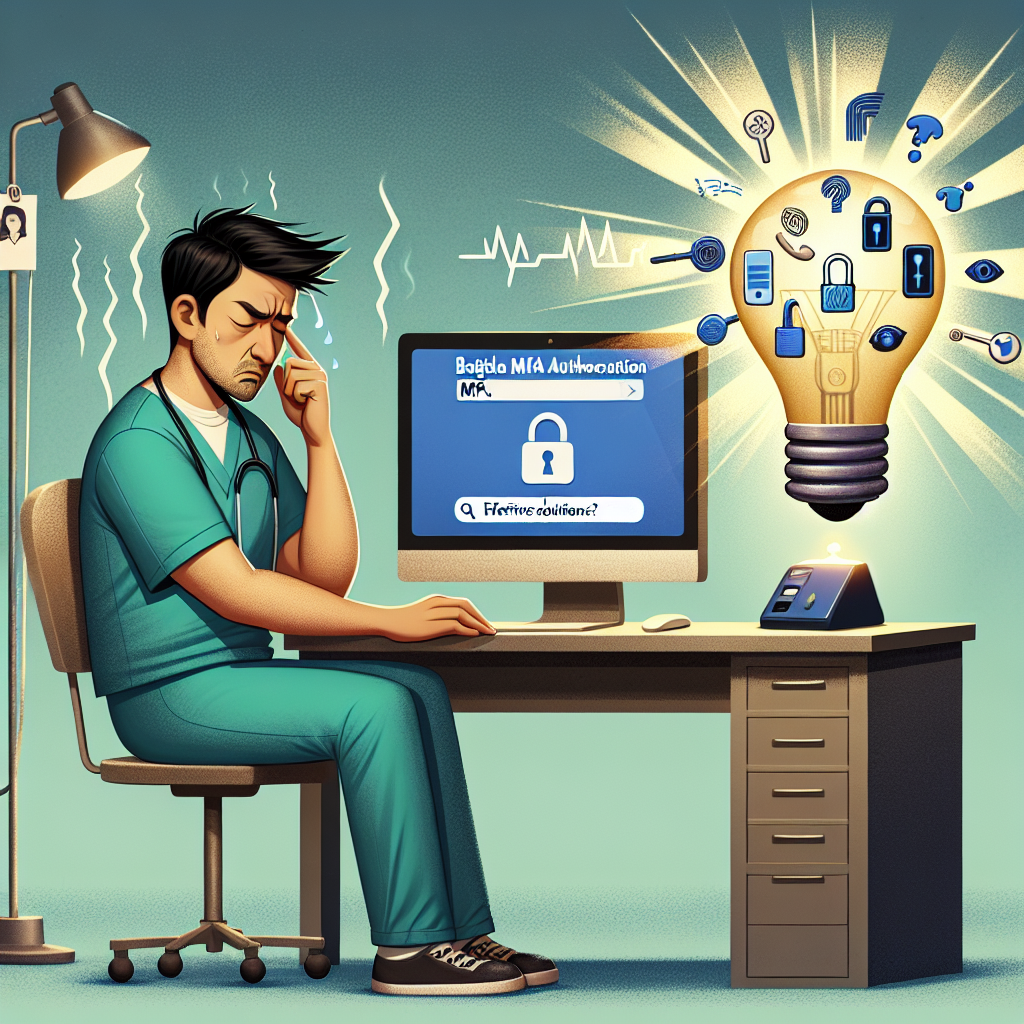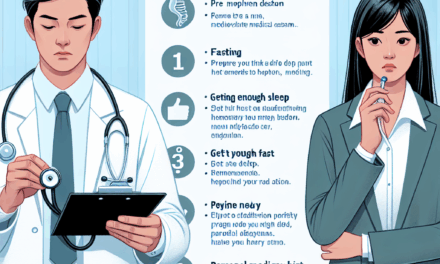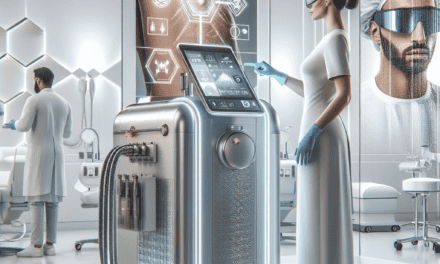Battling MFA Fatigue: Solutions for the Healthcare Sector

In the digital age, cybersecurity is a paramount concern for all sectors, but none more so than healthcare. The sensitive nature of patient data and the critical need for uninterrupted access to information make healthcare organizations prime targets for cyberattacks. Multi-factor authentication (MFA) has emerged as a vital tool in safeguarding these systems. However, the increasing reliance on MFA has led to a phenomenon known as MFA fatigue, where users become overwhelmed by the constant need to authenticate their identities. This article explores the challenges of MFA fatigue in the healthcare sector and offers comprehensive solutions to mitigate its impact.
Understanding MFA Fatigue in Healthcare
MFA fatigue occurs when users become frustrated or overwhelmed by the frequent authentication requests required to access systems and data. In healthcare, where professionals often need to access multiple systems quickly, this fatigue can lead to decreased productivity and even security risks if users seek shortcuts.
Healthcare professionals are often required to authenticate their identities multiple times a day. This can include logging into electronic health records (EHRs), accessing patient data, and using various medical applications. The constant need for authentication can lead to frustration and fatigue, which can have serious implications for both security and patient care.
One of the primary reasons for MFA fatigue in healthcare is the sheer volume of systems and applications that require authentication. Healthcare organizations often use a wide range of software and platforms, each with its own authentication requirements. This can lead to a situation where healthcare professionals are required to authenticate their identities dozens of times a day, leading to frustration and fatigue.
Another factor contributing to MFA fatigue is the complexity of the authentication process. Many healthcare organizations use complex authentication methods, such as biometric authentication or hardware tokens, which can be time-consuming and cumbersome for users. This can lead to frustration and fatigue, as users are required to navigate complex authentication processes multiple times a day.
Finally, the high-stakes nature of healthcare can exacerbate MFA fatigue. Healthcare professionals are often working in high-pressure environments where time is of the essence. The need to authenticate their identities multiple times a day can be seen as an unnecessary burden, leading to frustration and fatigue.
Impact of MFA Fatigue on Healthcare Security
MFA fatigue can have serious implications for healthcare security. When users become frustrated or overwhelmed by the authentication process, they may seek shortcuts or workarounds that can compromise security. For example, users may share passwords or authentication tokens with colleagues, or they may use weak passwords that are easy to remember but also easy to guess.
In addition to compromising security, MFA fatigue can also lead to decreased productivity. Healthcare professionals who are constantly interrupted by authentication requests may find it difficult to focus on their work, leading to decreased efficiency and productivity. This can have serious implications for patient care, as healthcare professionals may be unable to provide the level of care that patients require.
MFA fatigue can also lead to increased stress and burnout among healthcare professionals. The constant need to authenticate their identities can be seen as an unnecessary burden, leading to frustration and fatigue. This can contribute to burnout, which is already a significant issue in the healthcare sector.
Finally, MFA fatigue can lead to decreased user satisfaction. Healthcare professionals who are frustrated by the authentication process may become dissatisfied with their work environment, leading to decreased morale and job satisfaction. This can have serious implications for healthcare organizations, as dissatisfied employees are more likely to leave their jobs, leading to increased turnover and recruitment costs.
Strategies to Mitigate MFA Fatigue
There are several strategies that healthcare organizations can use to mitigate MFA fatigue and improve security. One of the most effective strategies is to implement single sign-on (SSO) solutions. SSO allows users to authenticate their identities once and gain access to multiple systems and applications, reducing the need for repeated authentication requests.
Another effective strategy is to implement adaptive authentication solutions. Adaptive authentication uses contextual information, such as the user’s location or device, to determine the level of authentication required. This can reduce the need for repeated authentication requests, as users are only required to authenticate their identities when necessary.
Healthcare organizations can also implement user-friendly authentication methods, such as biometric authentication or mobile authentication apps. These methods are often more convenient and less time-consuming than traditional authentication methods, reducing the burden on users and mitigating MFA fatigue.
In addition to implementing technical solutions, healthcare organizations can also take steps to improve user education and awareness. By educating users about the importance of authentication and the risks of MFA fatigue, organizations can help users understand the need for authentication and reduce frustration and fatigue.
Finally, healthcare organizations can implement policies and procedures to reduce the burden of authentication on users. For example, organizations can implement policies that limit the number of authentication requests per day, or they can implement procedures that allow users to authenticate their identities once and gain access to multiple systems and applications.
Case Studies: Successful Implementation of MFA Solutions
Several healthcare organizations have successfully implemented MFA solutions to mitigate MFA fatigue and improve security. One example is the Mayo Clinic, which implemented a single sign-on solution to reduce the need for repeated authentication requests. The solution allowed users to authenticate their identities once and gain access to multiple systems and applications, reducing the burden on users and improving security.
Another example is the Cleveland Clinic, which implemented an adaptive authentication solution to reduce the need for repeated authentication requests. The solution used contextual information, such as the user’s location and device, to determine the level of authentication required. This reduced the burden on users and improved security by ensuring that users were only required to authenticate their identities when necessary.
The University of California, San Francisco (UCSF) also successfully implemented an MFA solution to mitigate MFA fatigue. UCSF implemented a mobile authentication app that allowed users to authenticate their identities using their smartphones. The app was more convenient and less time-consuming than traditional authentication methods, reducing the burden on users and improving security.
These case studies demonstrate that healthcare organizations can successfully implement MFA solutions to mitigate MFA fatigue and improve security. By implementing single sign-on solutions, adaptive authentication solutions, and user-friendly authentication methods, healthcare organizations can reduce the burden on users and improve security.
Future Trends in MFA for Healthcare
The future of MFA in healthcare is likely to be shaped by several trends. One of the most significant trends is the increasing use of biometric authentication. Biometric authentication methods, such as fingerprint and facial recognition, are becoming increasingly popular in healthcare due to their convenience and security. These methods are often more user-friendly than traditional authentication methods, reducing the burden on users and mitigating MFA fatigue.
Another trend is the increasing use of artificial intelligence (AI) and machine learning in authentication. AI and machine learning can be used to analyze user behavior and determine the level of authentication required. This can reduce the need for repeated authentication requests, as users are only required to authenticate their identities when necessary.
The use of blockchain technology in authentication is also likely to increase in the future. Blockchain technology can be used to create secure and tamper-proof authentication records, improving security and reducing the risk of fraud. This technology is particularly well-suited to healthcare, where the security and integrity of patient data are paramount.
Finally, the increasing use of cloud-based authentication solutions is likely to shape the future of MFA in healthcare. Cloud-based solutions offer several advantages, including scalability, flexibility, and cost-effectiveness. These solutions can be easily integrated with existing systems and applications, making them an attractive option for healthcare organizations.
Conclusion
MFA fatigue is a significant challenge for the healthcare sector, but it is not insurmountable. By implementing single sign-on solutions, adaptive authentication solutions, and user-friendly authentication methods, healthcare organizations can mitigate MFA fatigue and improve security. Additionally, by educating users about the importance of authentication and implementing policies and procedures to reduce the burden on users, organizations can further reduce MFA fatigue and improve security.
The future of MFA in healthcare is likely to be shaped by several trends, including the increasing use of biometric authentication, AI and machine learning, blockchain technology, and cloud-based solutions. By staying abreast of these trends and implementing innovative solutions, healthcare organizations can continue to improve security and mitigate MFA fatigue.
Ultimately, the key to battling MFA fatigue in the healthcare sector is to strike a balance between security and usability. By implementing solutions that are both secure and user-friendly, healthcare organizations can protect patient data and ensure that healthcare professionals can focus on what they do best: providing high-quality patient care.





